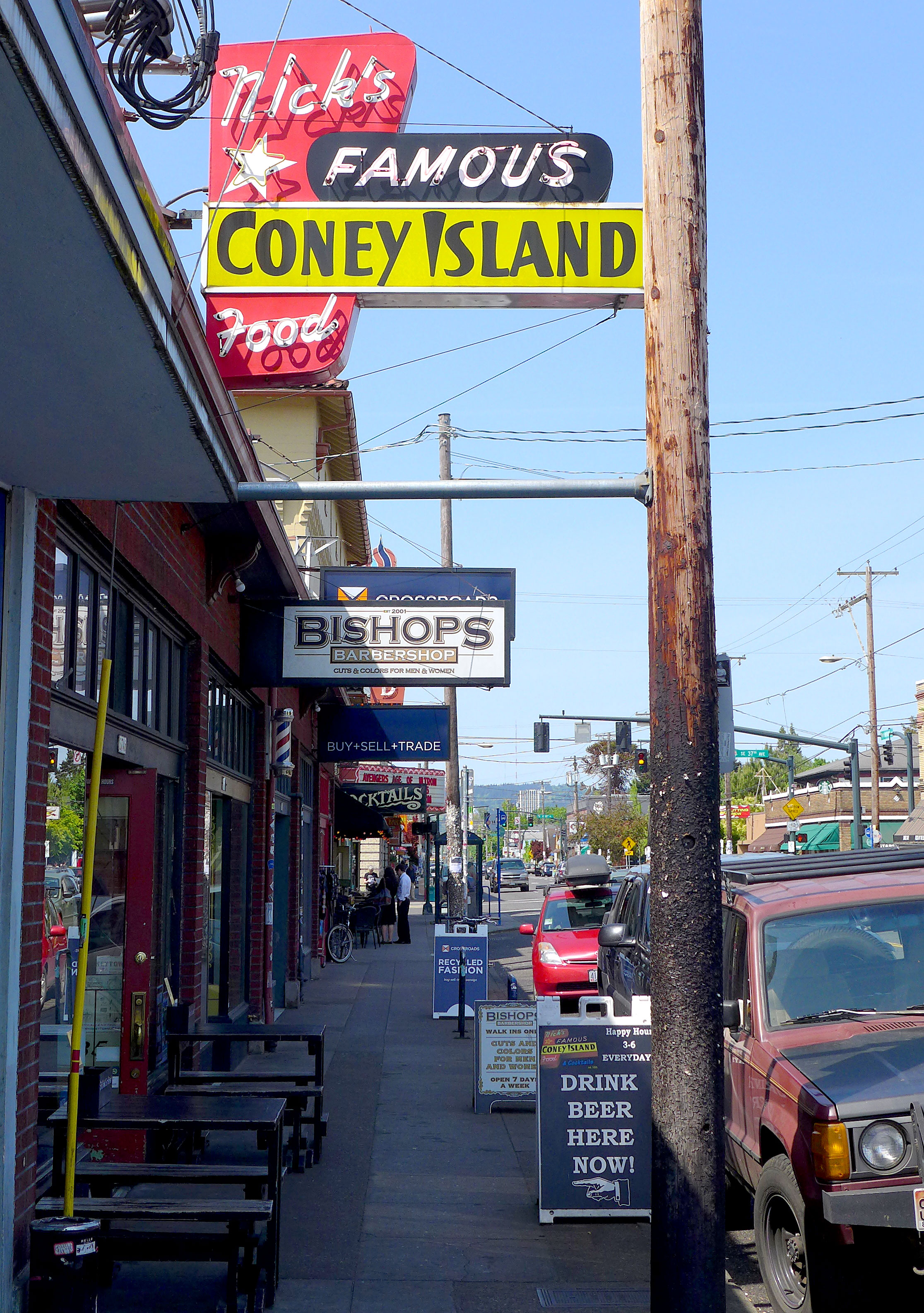Why Bother with this Small Developer Stuff?

If you have been reading this blog you know that I am always pushing for the creation of smaller development enterprises, building smaller and simpler buildings (without elevators for the most part), using off-the-shelf financing, and the delivering smaller units for the smaller households that make up a big portion today's local markets.
I think we can do a much better job of connecting the housing unit to the list of consequential stuff people consider in their decisions to rent if we can deliver flexible unit configurations, competitive rent + transportation math, and locations close services, food and drink. Here is a list of stuff I shot off in an email to a colleague this morning:
- It is important to shift the approach to development projects to a smaller, more incremental scale.
- Re-imagine the development enterprise as a smaller outfit that can compete without economies of scale, recognizing the constraints in economies of means. If a municipality wants to revitalize a neighborhood, cultivate multiple small operators and roll out a Pink Zone. Don't do a big lumpy Public Private Partnership.
- A small outfit can aggregate several small projects into a portfolio within a decent neighborhood structure. This will provide a platform with significantly reduced downside risk and enhanced upside benefits.
- It is time to take the Arthur C. Nelson's work seriously. There is a significant lack of supply of housing in walkable urbanism and half of new housing needed between now and 2030 will need to be rental housing. (See Dr. Nelson's Book and video).
- With construction production at less than half of 2005's peak, builders of single family homes, apartment complexes and commercial buildings are experiencing shortages of skilled trades all over the US, so small developers will need to cultivate a local base of small trade contractors to avoid the labor shortages.
- Small developers are positioned to help local entrepreneurs create local wealth and local jobs among their trade base and their local tenants. Small, cheap workspace needs to be provided at modest scale within the context of a neighborhood.
- The small developer business model needs to be accessible to younger people, immigrants, and folks who already have one or two of the skill sets needed (brokerage, leasing, property management, finance, entitlement, design, construction management, communications). We will need to develop training, tools and templates and a network of early adopters to reduce the learning curve of rookie developers. There is a lot of interest in training and tools from the leadership of Congress for the New Urbanism and the Incremental Development Alliance. I am active in both of these and recommend that anyone interested in this work do the same.
- Many of the project management, construction management and property management advantages that were once only available to large outfits that could achieve economies of scale have been disrupted by technologies like BaseCamp, BlueBeam, AutoCAD360 for the iPad, QuickBooks, ClearNow.com, PayYourRent.com, YouTube, and the smartphone.
The market demand is large enough and the supply of
anything remotely resembling walkable urbanism is small enough that all kinds of lousy half-baked projects are going to get built and get rented or sold in the next 15 years. This mismatch between very low supply and very high demand provides lots of room for dumb projects, but it also presents the opportunity to re-scale the development business.